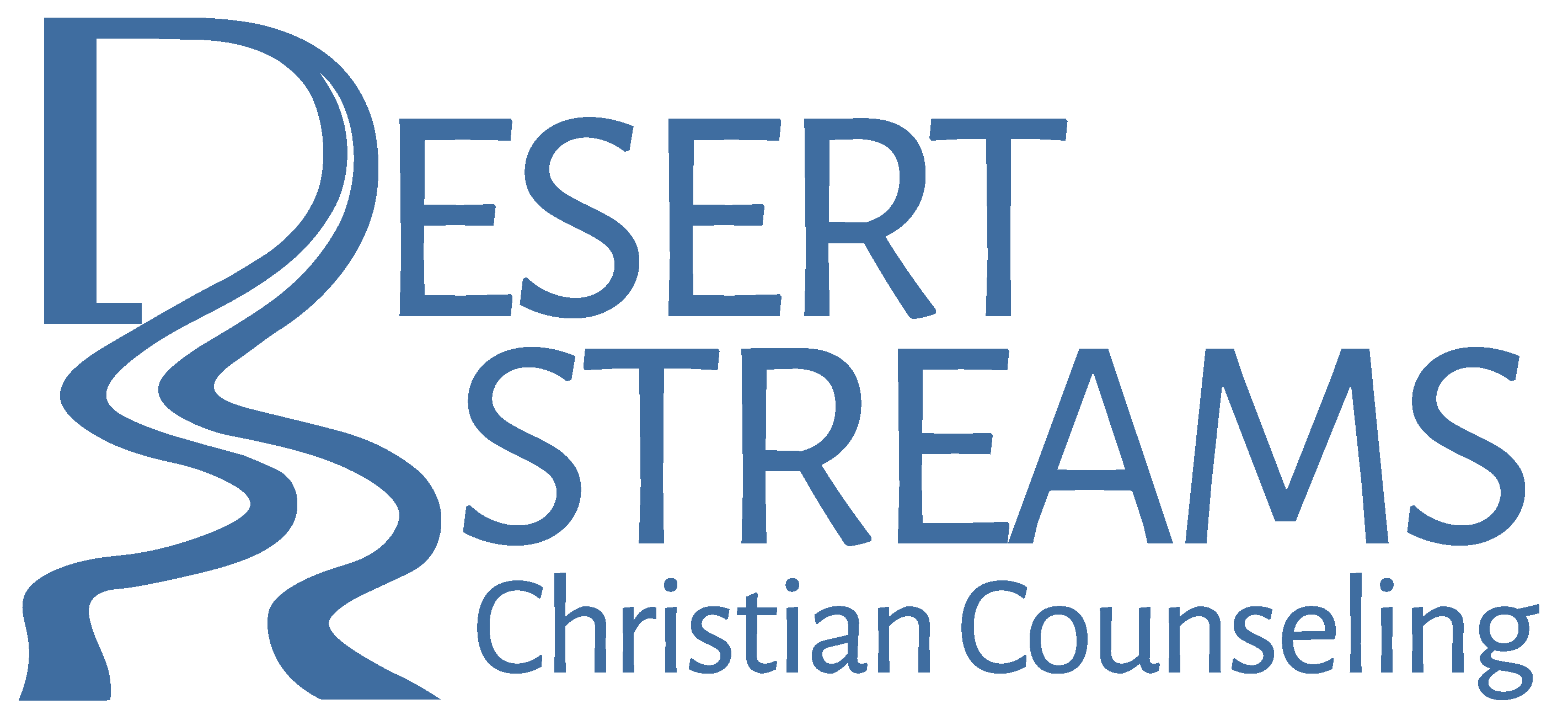Anxiety is a prevalent and often overwhelming experience for many individuals. Whether it’s the result of stress, uncertainty, or various other factors, learning how to manage anxiety is crucial for maintaining mental well-being. While it’s essential to seek professional help for severe cases, there are several strategies and practices, guided by counselors, therapists, and psychologists, that can assist in reducing and coping with anxiety on a daily basis.
Understanding Anxiety
Anxiety, a common human response to stress, can sometimes become excessive or interfere with daily life. This is where seeking guidance from a counselor, therapist, or psychologist becomes essential.
1. Mindfulness and Meditation: Tools Recommended by Therapists
Mindfulness and meditation, often suggested by therapists and counselors, are powerful tools for managing anxiety. These practices focus on being present in the moment, calming the mind, and reducing the excessive worry and rumination often associated with anxiety. By practicing mindfulness, individuals can learn to acknowledge their thoughts and feelings without judgment, thus reducing their intensity and impact.
2. Deep Breathing and Relaxation Techniques: Counseling for Anxiety Relief
Deep breathing exercises and relaxation techniques, recommended by therapists and counselors, can significantly alleviate anxiety symptoms. By taking slow, deep breaths, individuals signal their bodies to calm down, reducing the physiological response to stress. Progressive muscle relaxation, guided by therapists or counselors, or activities like yoga can also help relax both the body and mind.
3. Physical Exercise: Recommended by Psychologists for Anxiety Management
Regular physical activity, often suggested by psychologists, not only benefits physical health but also plays a significant role in mental well-being. Exercise prompts the release of endorphins, which are natural mood lifters. It can also serve as a distraction from anxious thoughts and tension.
4. Healthy Lifestyle Choices and Guidance from Therapists
A balanced diet, sufficient sleep, and limiting caffeine and alcohol intake can contribute to managing anxiety. Nutrition advice from therapists or counselors can positively impact mood and energy levels. Additionally, guidance from therapists or counselors on adequate sleep is essential for mental health, and reducing stimulants like caffeine and alcohol can help regulate anxiety levels.
5. Seek Support from Counselors and Therapists
Social support and professional guidance from counselors, therapists, and psychologists are crucial in managing anxiety. Talking to a trusted counselor or therapist can offer a different perspective, reassurance, and emotional support. Joining support groups or engaging in community activities, guided by psychologists, can provide a sense of belonging and understanding.
6. Establish Boundaries and Prioritize Self-Care: Advice from Therapists and Counselors
Learning to say no and setting boundaries is vital in managing anxiety, advice often provided by therapists and counselors. Taking on too much can exacerbate stress and trigger anxiety. Prioritizing self-care, with guidance from therapists or counselors, can prevent burnout and promote a healthier mental state.
7. Cognitive Behavioral Techniques: Therapy Approaches for Anxiety
Cognitive Behavioral Therapy (CBT) is an evidence-based approach for managing anxiety, often recommended by psychologists and therapists. It focuses on identifying and restructuring negative thought patterns and behaviors. By challenging irrational thoughts and replacing them with more balanced ones, individuals can change their reactions to anxiety triggers.
8. Time Management and Planning: Counselor Strategies for Anxiety Reduction
A well-structured routine and effective time management, advised by counselors and therapists, can help reduce anxiety. Planning and organizing tasks can prevent feeling overwhelmed and enhance a sense of control over daily life.
9. Practice Gratitude and Positivity: Psychologist-Recommended Strategies
Practicing gratitude and fostering a positive mindset, recommended by psychologists, can significantly impact anxiety levels. Keeping a gratitude journal and focusing on positive aspects of life can shift the focus away from anxiety-provoking thoughts.
10. Professional Help and Guidance from Psychologists
Seeking professional help from psychologists, therapists, or counselors is crucial if anxiety significantly impacts daily life. They can offer personalized strategies, guidance, and, if necessary, medication to manage anxiety.
By actively implementing these strategies, under the guidance of counselors, therapists, and psychologists, individuals can take significant steps toward managing and reducing anxiety, fostering a healthier and more balanced life.
Photo by Liza Summer







